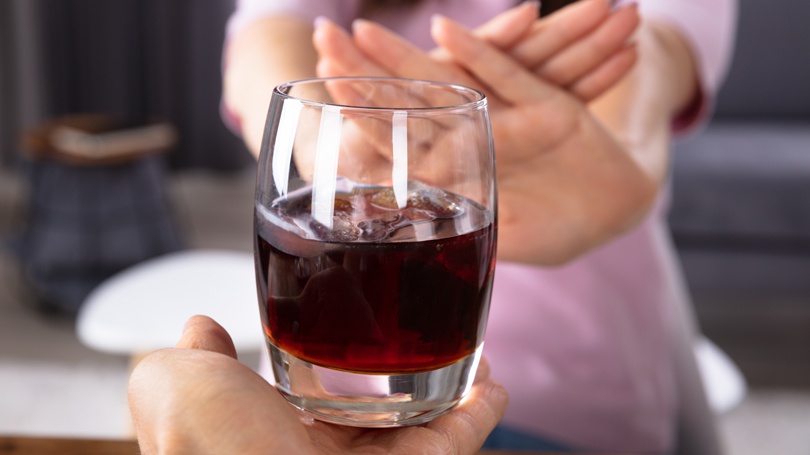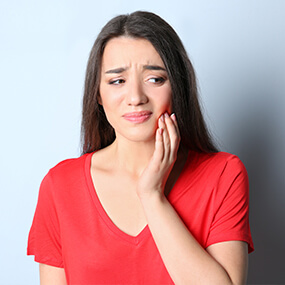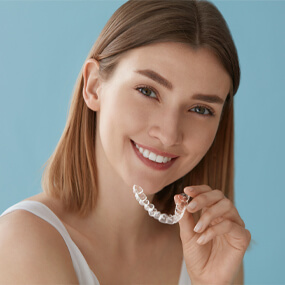How Drinking Alcohol Undermines Your Oral Health

There are hundreds of different bacteria that can live in the human mouth. Some of these bacteria are quite beneficial to digestion, your immune system, and other aspects of your health, and in a healthy person, a balance is achieved among these bacterial communities. Research has demonstrated that drinking alcohol can disrupt this balance and thus make you more prone to various health issues.
Alcohol can, for instance, make your gums more susceptible to infection, but the negative effects are not just limited to oral health. In 2018, the journal Microbiome published a paper from the NYU School of Medicine that demonstrated that having just one drink a day can disrupt the oral microbiome. That disruption can make a person more prone to oral cancer as well as cardiovascular disease.
According to Jiyoung Ahn, PhD, a lead researcher on the project, not only did regular alcohol consumption shape the oral microbiome, but it caused beneficial bacteria to disappear and led to an increased presence of inflammatory bacteria. Such changes were particularly apparent in both men and women who had more than one drink a day, and the changes increased with further consumption.
Good Oral Bacteria vs. Bad Oral Bacteria
Scientists have identified more than 700 species of bacteria and even some fungi species that can live in the mouth. Your oral microbiome is unique, but some bacteria are present in most mouths because they play a role in digestion and immune responses and may even help to prevent cancer. Bad bacteria will not necessarily be present. Certain bad bacteria will, for instance, be more present in people with poor oral hygiene.
In the NYU School of Medicine study, researchers found that heavy drinkers had fewer Lactobacillales, which scientific research has linked to illness prevention. The heavy drinkers also had higher rates of certain bacteria that are known to be harmful to human health: Actinomyces, Bacteroidales, and Neisseria. Ahn noted previous research that the group had conducted that demonstrated a link between certain oral microbiome compositions and certain cancers, such as oral cavity and pancreatic.
The group also researched alcohol-based mouthwash data in more than 1,000 adults between ages 55 and 87. They analyzed this data among heavy drinkers, moderate drinkers, and nondrinkers in the hopes of distinguishing between mouthwash use and alcohol consumption. Not only was that research inclusive, but they were unable to reveal any differences between drinking wine, beer, and liquor.
Changing the Oral Microbiome Can Prevent Disease
What this and studies like it have revealed is that it is possible to alter the oral flora in a manner that makes humans less prone to various diseases. However, science is not yet at a point where doctors can identify the ideal mix and balance and then make changes to achieve it.
What is clear is that certain foods and beverages and certainly tobacco use can change the oral microbiome for the worse, and you can protect your health by limiting your intake of those items. Ahn stressed that it was not yet clear if better oral hygiene could help moderate and heavy drinkers avoid this disruption to their oral microbiomes. Alcohol consumption is linked to poor health, and at this time, there is nothing known that you can do to offset those negative effects besides not drinking.
Achieve a Balanced Oral Microbiome
You can balance your oral microbiome by balancing your diet and limiting your intake of beverages and foods known to disrupt that stability. It is also crucial that you brush and floss regularly to avoid plaque and tartar buildup. You should also visit Scottsdale Cosmetic Dentistry Excellence every six months to have an oral hygienist clean your teeth and Jeffrey D. Clark, DDS, examine your teeth, gums, and other aspects of your health. Call us at 480 585 1853 with any questions you may have and to schedule your checkup.




